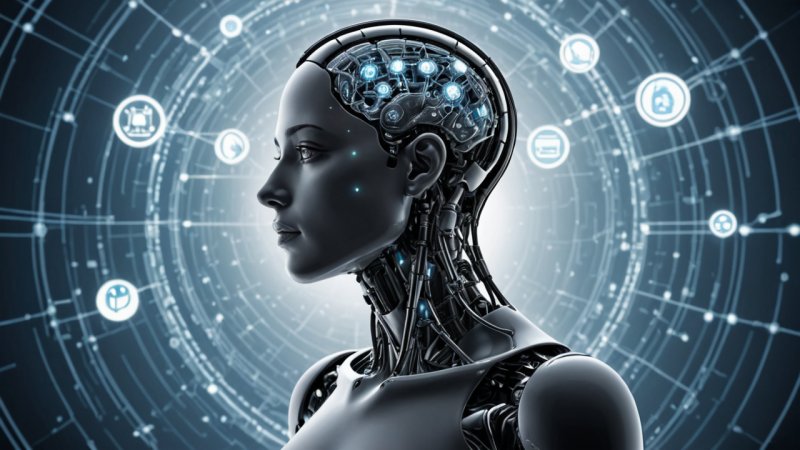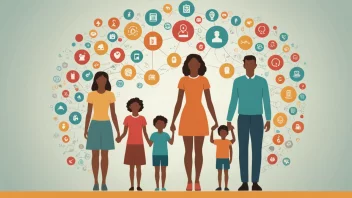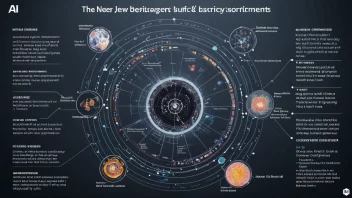As artificial intelligence (AI) continues to evolve and integrate into various aspects of our lives, understanding its social implications becomes increasingly vital. From reshaping job markets to influencing social interactions, AI presents both opportunities and challenges that society must navigate. This article highlights key areas where AI impacts social dynamics, providing insights into its transformative role in our world.
1. Job Displacement and Creation
The rise of AI has sparked debates about its effect on employment. While automation can lead to job displacement in sectors like manufacturing and customer service, it also creates new opportunities in tech-driven fields. For instance, roles in AI development, maintenance, and oversight are emerging. Understanding this dual impact is crucial for workforce planning and education.
2. Changes in Social Interactions
AI technologies, such as chatbots and virtual assistants, are altering how we communicate. These tools can enhance customer service and provide companionship, especially for the elderly. However, they also raise concerns about reduced human interaction and the potential for emotional detachment. Balancing AI's convenience with the need for genuine human connections is an ongoing challenge.
3. Ethical Considerations in AI Development
As AI systems become more autonomous, ethical dilemmas arise regarding decision-making processes. Issues like bias in algorithms, privacy concerns, and accountability for AI actions are critical. Developers and policymakers must prioritize ethical frameworks to ensure that AI technologies serve society equitably and transparently.
4. Impact on Education and Learning
AI is revolutionizing education through personalized learning experiences and intelligent tutoring systems. By analyzing individual student performance, AI can tailor educational content to meet diverse needs. However, this reliance on technology also raises questions about data privacy and the digital divide, as not all students have equal access to these resources.
5. AI and Social Inequality
The deployment of AI can exacerbate existing social inequalities. Access to advanced technologies often depends on socioeconomic status, potentially widening the gap between affluent and underprivileged communities. Addressing these disparities requires intentional policies that promote equitable access to AI resources and education.
In conclusion, the social implications of artificial intelligence are vast and multifaceted. From reshaping job markets to influencing interpersonal relationships, AI presents both opportunities and challenges. As society continues to navigate these changes, it is essential to foster discussions around ethics, equity, and the future of work to ensure that AI serves as a tool for positive social transformation.






